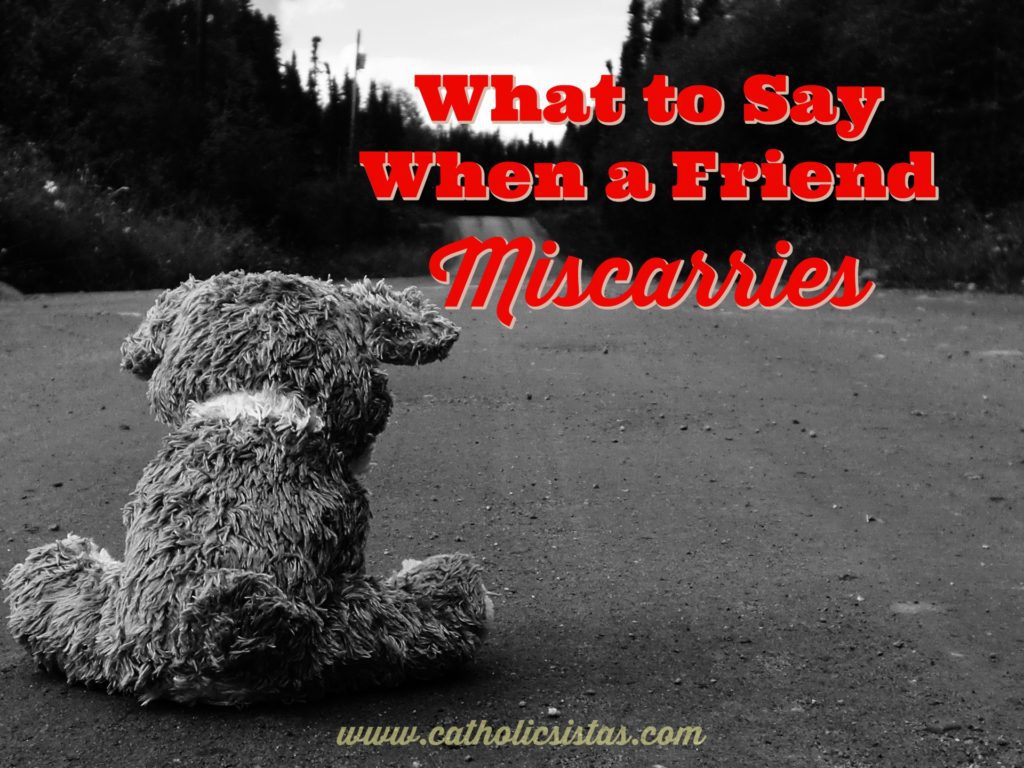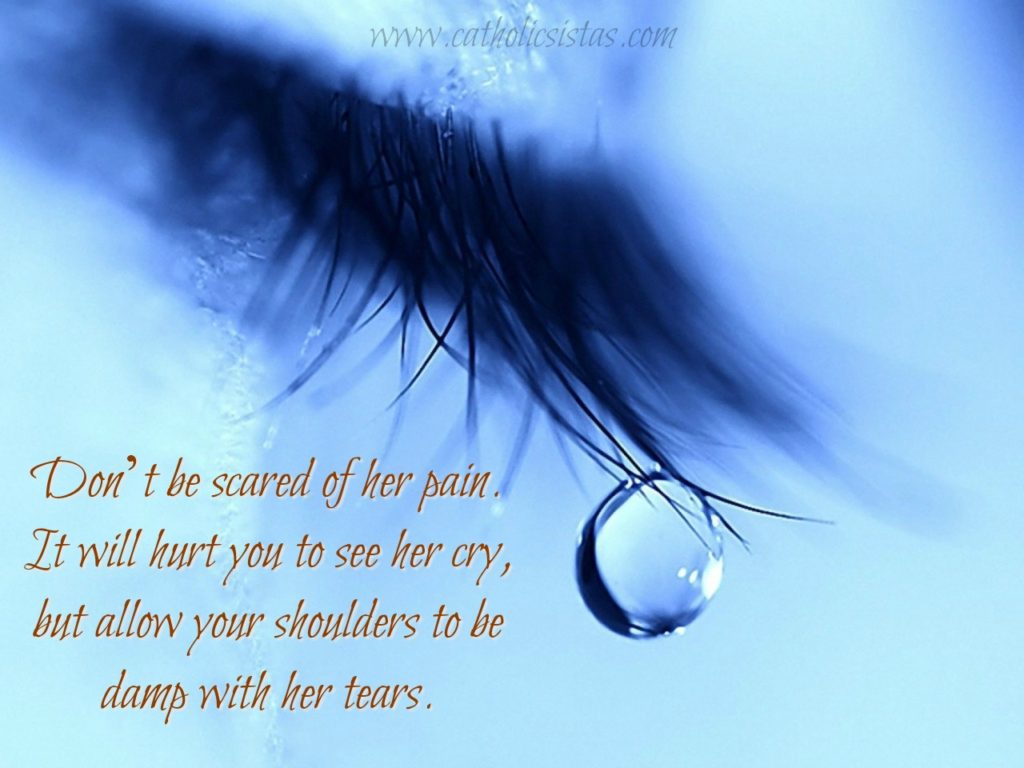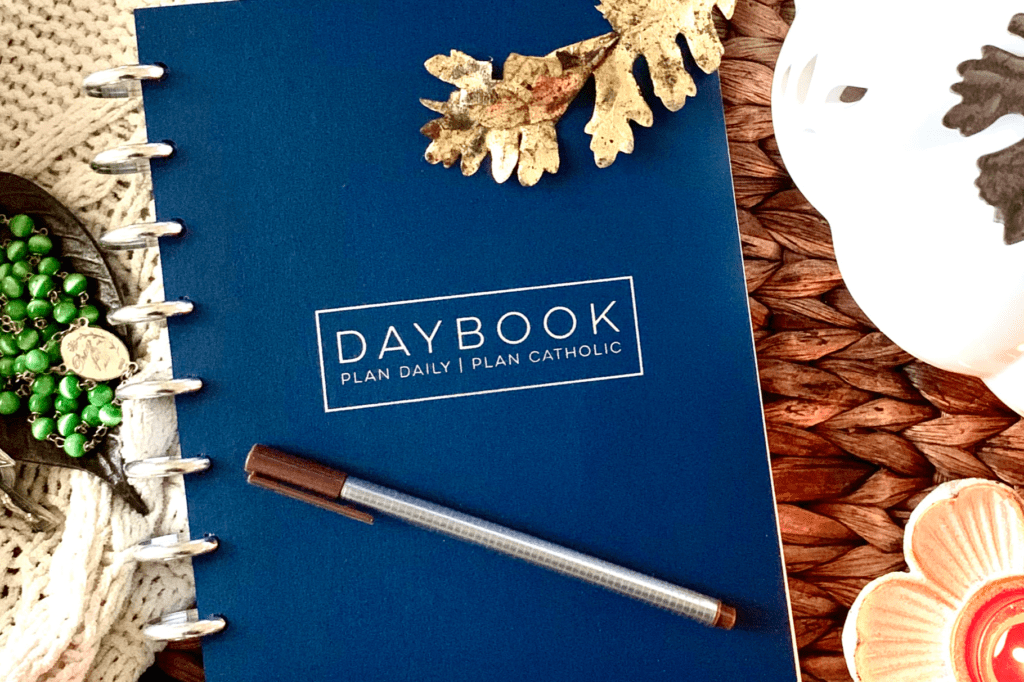
The loss of a child during pregnancy can be one of the most devastating events in a person’s life. Not only do you lose your child but you lose all the hopes and dreams that you had for that child. Your life never feels the same. Things that brought you joy now bring you pain. Things you loved to do now seem trivial. Your heart feels empty as there is now piece of your heart gone forever. It can be one of the loneliest and heart-wrenching experiences you will ever have.
Perhaps you have never lost a child but you have a friend who has recently experienced a loss. As a friend it can be difficult to know what to say and what to do to help her through this traumatic event. Sometimes even those who have suffered a miscarriage or experienced a stillbirth will find it difficult to know just the right thing to say. For those who have never lost a child it may feel like you are wading through a mine field knowing that if you say the wrong things you might cause more harm than good. It feels like everything you say is not enough and nothing you do will help heal her pain.
However, there are things you can say and do that when she looks back on them, she will remember them with love and appreciation. Likewise, there are things that you should avoid saying or doing so that you don’t contribute to the pain she already feels so deeply. But how do you know what to say or what to do?
I thought it would be helpful if I gave a short list of several things to avoid saying and several things that I found to be helpful and comforting during my many miscarriages. I hope that they will help you to provide love and comfort to your friend as she experiences one of the worst pains imaginable.
What NOT to say…
- This happened for a reason
- The baby probably had something wrong with him/her
- You can always try again
- You are so young, you have lots of time to have babies
- At least you have other children at home
- At least you don’t have other children at home to console
- You should be thankful for what you have
- At least it was an early loss
- The next one will be fine
- You are so old, this must be a sign for you to stop having kids
- You already have enough children, this is God’s way of telling you to stop
- You need to stop grieving and get on with your life, you are missing so much out there
Things TO say…
- I am so sorry
- Is there anything I can do
- I am praying for you
- Can I take the kids sometime so you can have some time to be alone to grieve
- Can I bring you dinner
- My heart hurts for you, I am here to listen if you need me
- How are you feeling
- I know nothing I say or do can take away your pain, please know that I am here for you
- I don’t know what to say
- Would you like a hug
- How is your husband doing
- How are your kids doing
- I know how much you wanted and loved this baby
- I can cry with you if you need someone to cry with
- I would love to hear about your baby
- I love you
Helping a friend through a loss can be difficult. Your friend may not want you to do anything. She might need you to do everything. She may want to talk incessantly about her baby, her loss, and her experience or she may not want to share anything about it with you. She may need to go out and occupy herself with activities that don’t remind her of what she is going through or she may want to stay at home and away from everyone else.
Each person grieves differently. As a friend it is most important that you open your heart to her. Speak with gentleness and kindness even if she lashes out in pain. While you may have difficulty putting yourself in her shoes to know that she is going through, remember that right now she needs empathy and compassion.
Reach out to her not only in the first few days and weeks of her loss but in the months that follow. Important dates like her due date, holidays, and other events are sure to bring a new wave of tears and sadness. It will likely be hard on her to see others having babies. Be there for her as she is jealous and angry and sad. Tell her that her feelings are all right and they are good… she needs to work through them to help her heal.
More than anything, remind her that you are there for her. Don’t be scared of her pain. It will hurt you to see her cry, but allow your shoulders to be damp with her tears. While she may not be able to say thank you now, your acts of love and charity to her during the worst time of her life will be a part of the light that saw her through the darkness.


